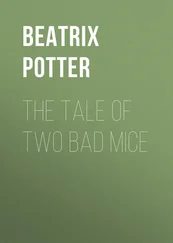HOTEL TIBERIAS
A Tale of Two Grandfathers
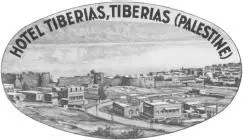

William Collins
An imprint of HarperCollins Publishers 1 London Bridge Street London SE1 9GF
www.harpercollins.co.uk
This edition published by Harper Press 2005
First published by HarperCollins Publishers 2004
Copyright © Sebastian Hope 2004
Sebastian Hope asserts the moral right to be identified as the author of this work
A catalogue record for this book is available from the British Library
All rights reserved under International and Pan-American Copyright Conventions. By payment of the required fees, you have been granted the nonexclusive, nontransferable right to access and read the text of this e-book on-screen. No part of this text may be reproduced, transmitted, downloaded, decompiled, reverse engineered, or stored in or introduced into any information storage and retrieval system, in any form or by any means, whether electronic or mechanical, now known or hereinafter invented, without the express written permission of HarperCollins e-books.
Source ISBN: 9780006551997
Ebook Edition © MARCH 2013 ISBN 9780007404964
Version: 2016-03-24
HarperCollinsPublishers has made every reasonable effort to ensure that any picture content and written content in this ebook has been included or removed in accordance with the contractual and technological constraints in operation at the time of publication .
From the reviews of Hotel Tiberias :
‘One half of Hope’s story describes the romantic derring-do soldiering of Hackett, whose steps are traced in a modern-day journey to “Palestine”, the other tracks the more elusive figure of Grossmann, from a family of Templars who settled in Palestine … Hope writes so honestly about his lost German family that we share his urgent desire to acquit them of charges of Nazi sympathies … it is heartening to see [Grossmann] rescued from wartime slanders by a grandson who never knew him but will not let him fade’
Sunday Times
‘Hope indicates a new direction in the British travel book: a post-colonial search for roots and for explanations in their families’ involvement in the recent history of the British imperial endeavour’
TLS
‘Hope is a seasoned travel writer and his descriptive writing is vivid and convincing … [ Hotel Tiberias ] achieves real pathos. All families have their hidden as well as public histories. Hotel Tiberias gives us a poignant glimpse into a particularly dramatic example’
Independent on Sunday
‘The politics of the Middle East are sketched with verve … Hope’s meditation on his grandfather’s suicide and the region’s history is written with conviction and clarity’
Scotland on Sunday
‘Hope takes us down all sorts of intriguing avenues and gives us a vivid and unusual perspective on an endlessly fascinating chapter of the twentieth century’
Edward Stourton, Tablet
‘Moving, intelligent, highly readable and occasionally extremely funny, this is a fine book indeed’
Geographical Magazine
In memory of Dore Vorster 1906–2003
and
despite Barnaby
Nescire autem quid ante quam natus sis acciderit, id est semper esse puerum. Quid enim est aetas hominis, nisi ea memoria rerum veterum cum superiorum aetate contexitur?
To be ignorant of what occurred before you were born is to remain a child forever. For what is the worth of human life unless it is woven into that of our ancestors by the records of history?
CICERO, Orator , XXXIV, 120
Cover
Title Page
Copyright
Praise
Dedication
Epigraph
Prologue
PART ONE
Chapter One
Chapter Two
Chapter Three
Chapter Four
Chapter Five
Chapter Six
Chapter Seven
Chapter Eight
Chapter Nine
Chapter Ten
Chapter Eleven
Chapter Twelve
Chapter Thirteen
Chapter Fourteen
Chapter Fifteen
Chapter Sixteen
Chapter Seventeen
Chapter Eighteen
PART TWO
Chapter Nineteen
Chapter Twenty
Chapter Twenty-One
Chapter Twenty-Two
Chapter Twenty-Three
Chapter Twenty-Four
Chapter Twenty-Five
Chapter Twenty-Six
Chapter Twenty-Seven
Chapter Twenty-Eight
Chapter Twenty-Nine
Chapter Thirty
Chapter Thirty-One
Chapter Thirty-Two
Chapter Thirty-Three
Chapter Thirty-Four
Chapter Thirty-Five
Keep Reading
Index
Acknowledgements
About the Author
Also by the Author
About the Publisher
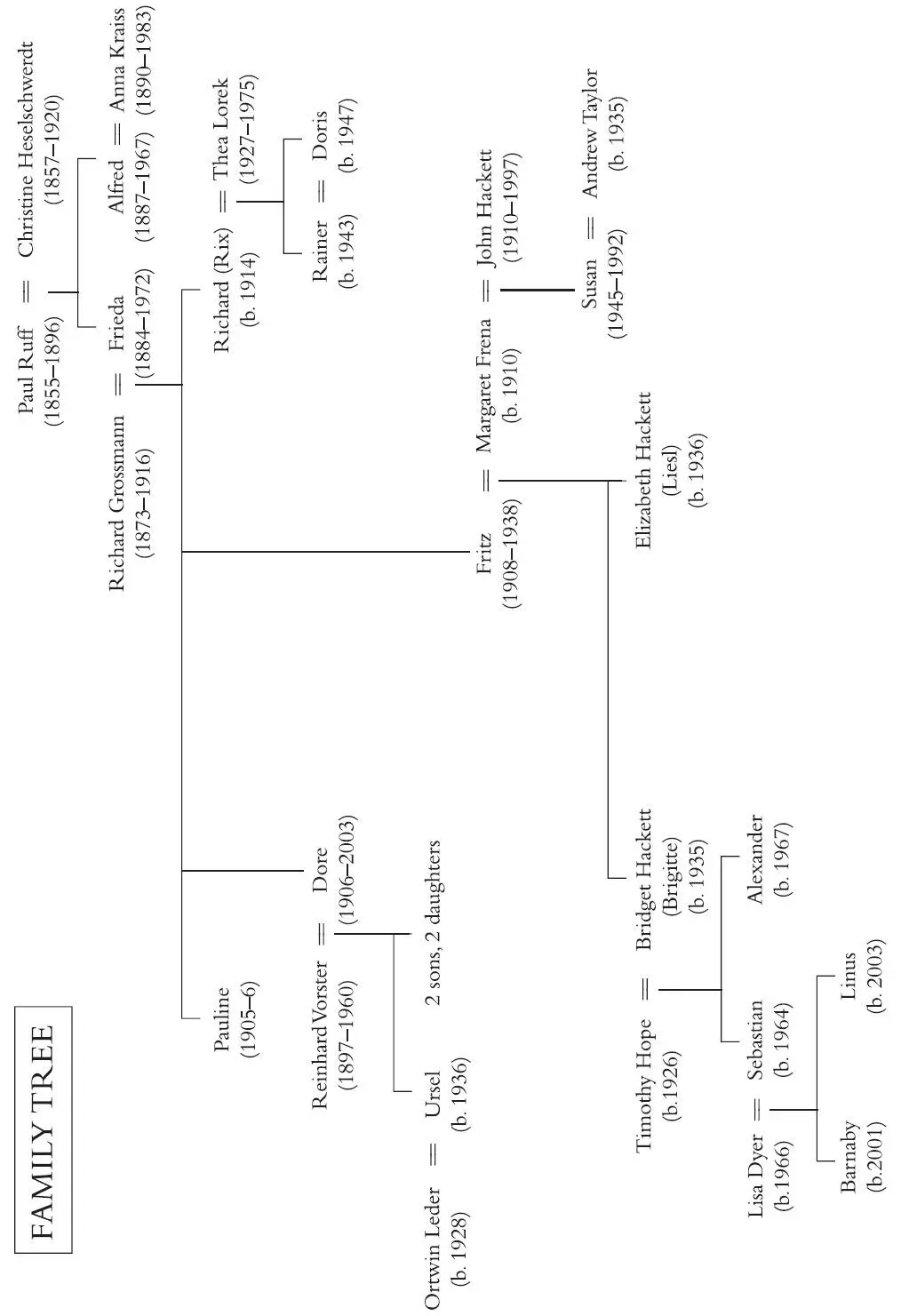
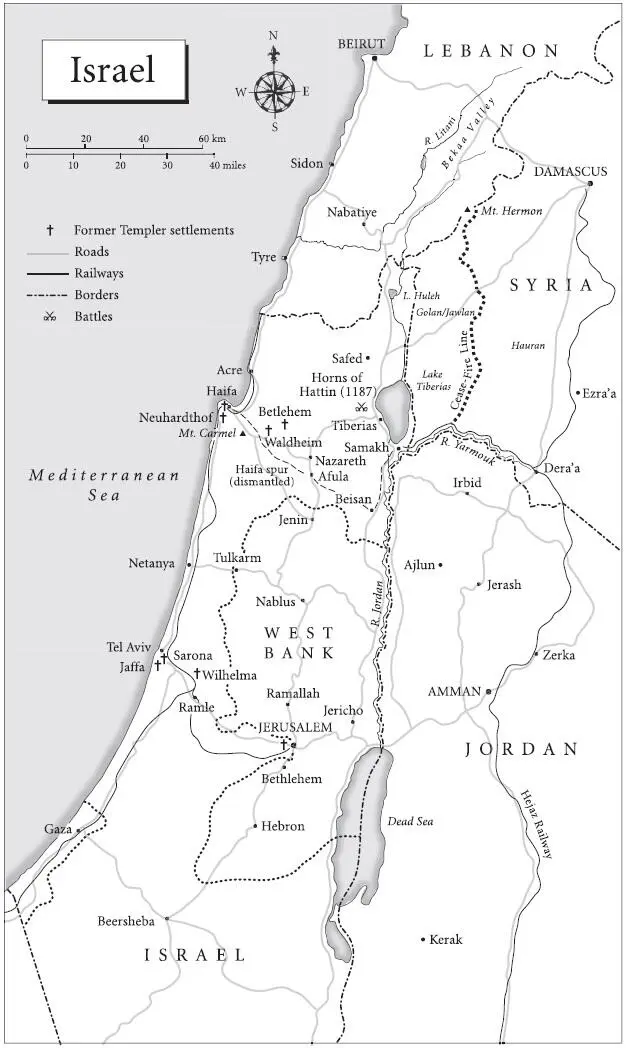
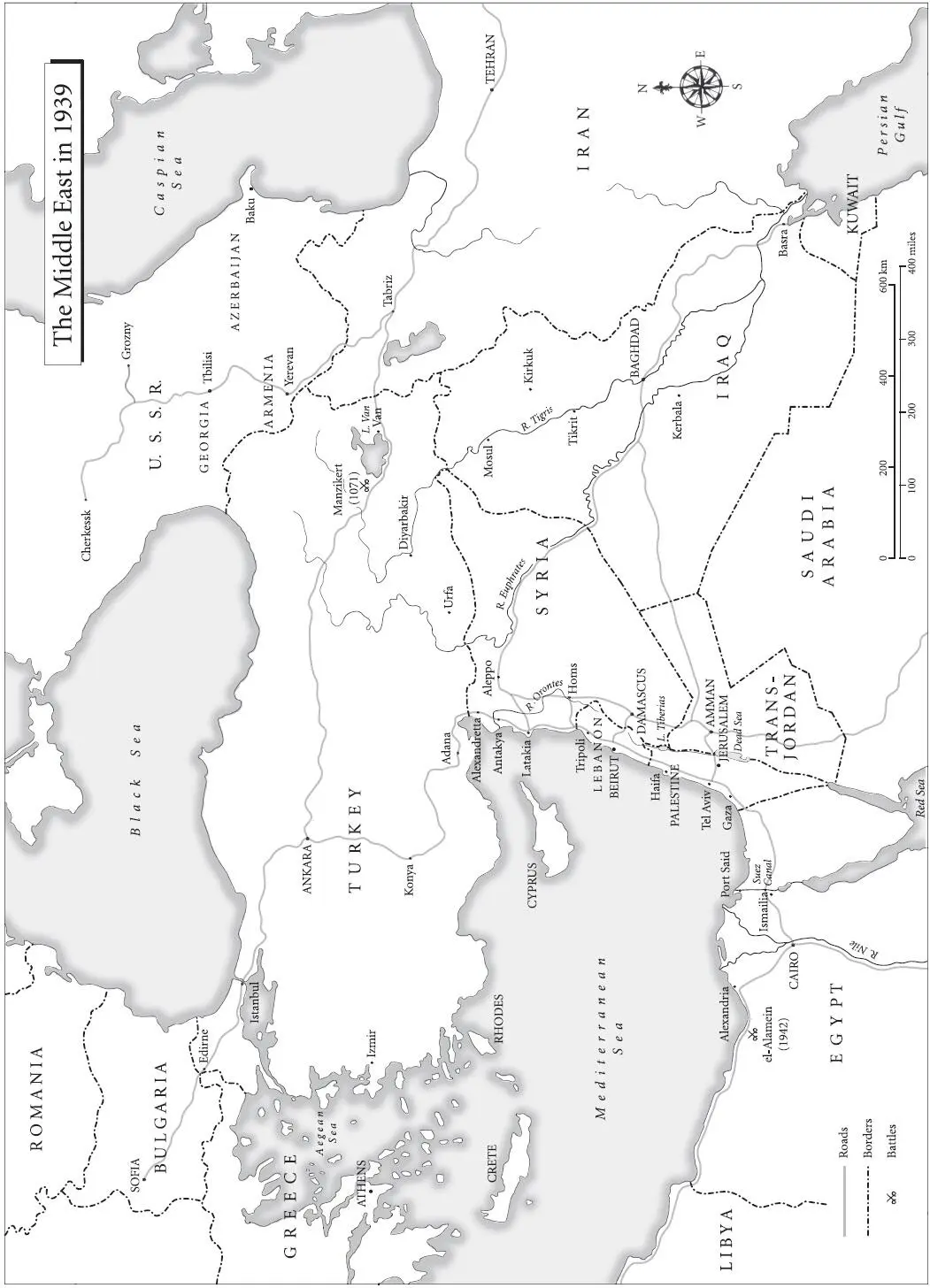
I was sixteen when I found out. We were going on holiday to Scotland with another family. The car was already loaded at 6.30 a.m. with everything from frozen food to an inflatable dinghy. My mother, my brother and I were standing in the kitchen, ready to leave the moment my father said, let’s go, so as not to start the twelve-hour drive on a bad note – we would have to keep our nerve for his overtaking manoeuvres on the A9. Mum said almost as an aside that we were not to be surprised if we heard the other paterfamilias refer to Grandpa as her step-father – why? – because he is. ‘Grandpa adopted Lizzie and me when he married Granny. Our real father was her first husband, and he died when we were very small.’ And then my father said, let’s go.
My world did not fall apart. I did not feel betrayed or deceived because we had not been told sooner. I did not feel as though my own sense of identity had been weakened. As the August countryside passing by in car window-sized frames gave way to the purple hills of the Highlands, I wondered if my relationship with my grandfather would change now he was my step-grandfather. I saw no reason why it should. He was the only one I had ever known – I could not remember my father’s father. We were the only grandchildren he had. Even though we were not related by blood he could never be anything other than our Grandpa. The real surprise was that our mother was not entirely the person I thought she was. I had passed through that stage of early adolescence when you think your parents don’t know anything about you, and I was beginning to realize how little I knew about them. Family gatherings thereafter became opportunities to observe the newly revealed relationships at work.
John Winthrop Hackett, my step-grandfather, was a great man. He was a career soldier who had reached the rank of major at the outbreak of the Second World War. He had what they call a ‘good war’ and was a brigadier by the end. He had shown great bravery, receiving wounds and decorations in equal measure. As a leader he had inspired enduring devotion in his subordinates, not least because of his maverick attitude towards his own superiors. He rose to the rank of full general and commanded the British Army of the Rhine during the deep mid-winter of the Cold War. He had been commander-in-chief of the British forces in Northern Ireland in the late 1960s and still featured in those IRA assassination wish-lists that were discovered scribbled on Rizla papers and the backs of envelopes bearing the new decimal stamps. He was dubbed a Knight Grand Cross of the Order of Bath. He had even been tipped for the top army job, but a frank letter to The Times on the ability of NATO to withstand a non-nuclear offensive, in which he asserted that Russian tanks would be in Paris in forty-eight hours, so infuriated his political masters that he was denied, it is said, this final promotion.
Читать дальше
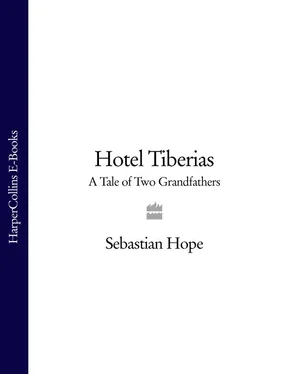





![Чарльз Диккенс - A Tale of Two Cities [С англо-русским словарем]](/books/26616/charlz-dikkens-a-tale-of-two-cities-s-anglo-thumb.webp)






